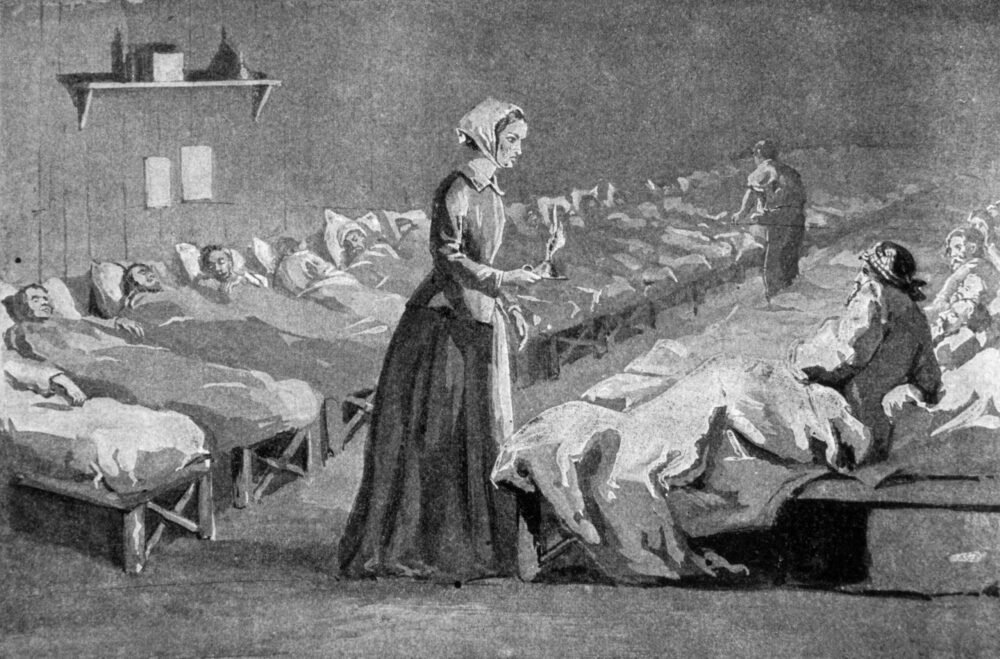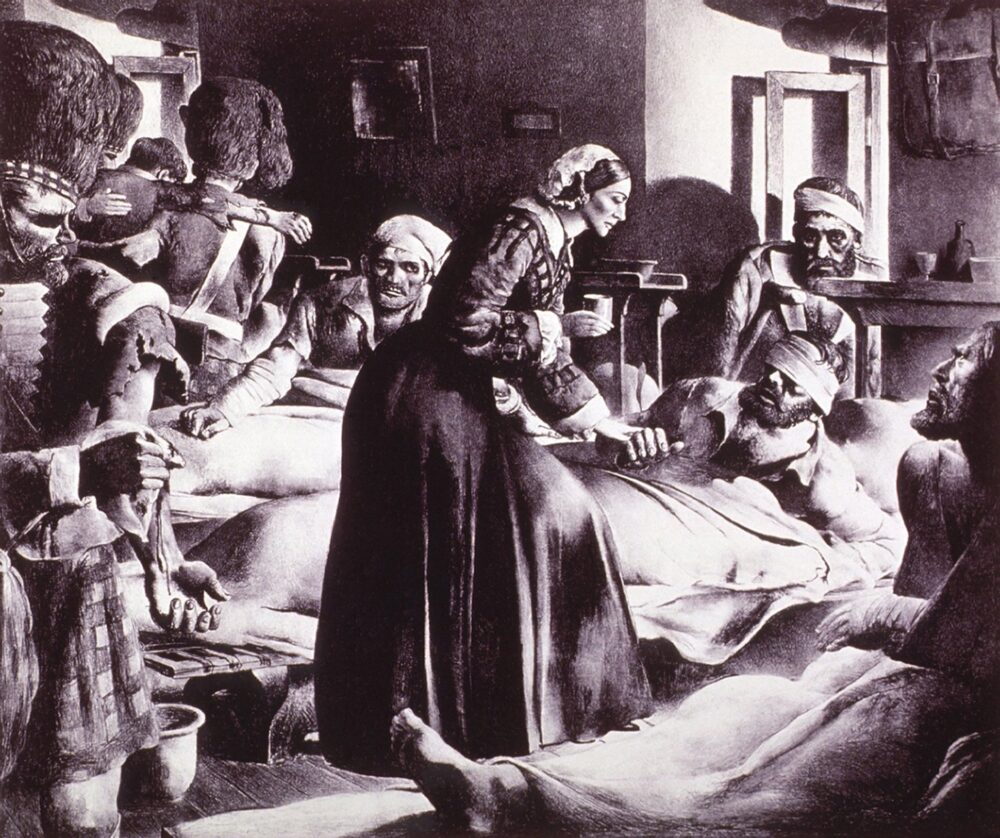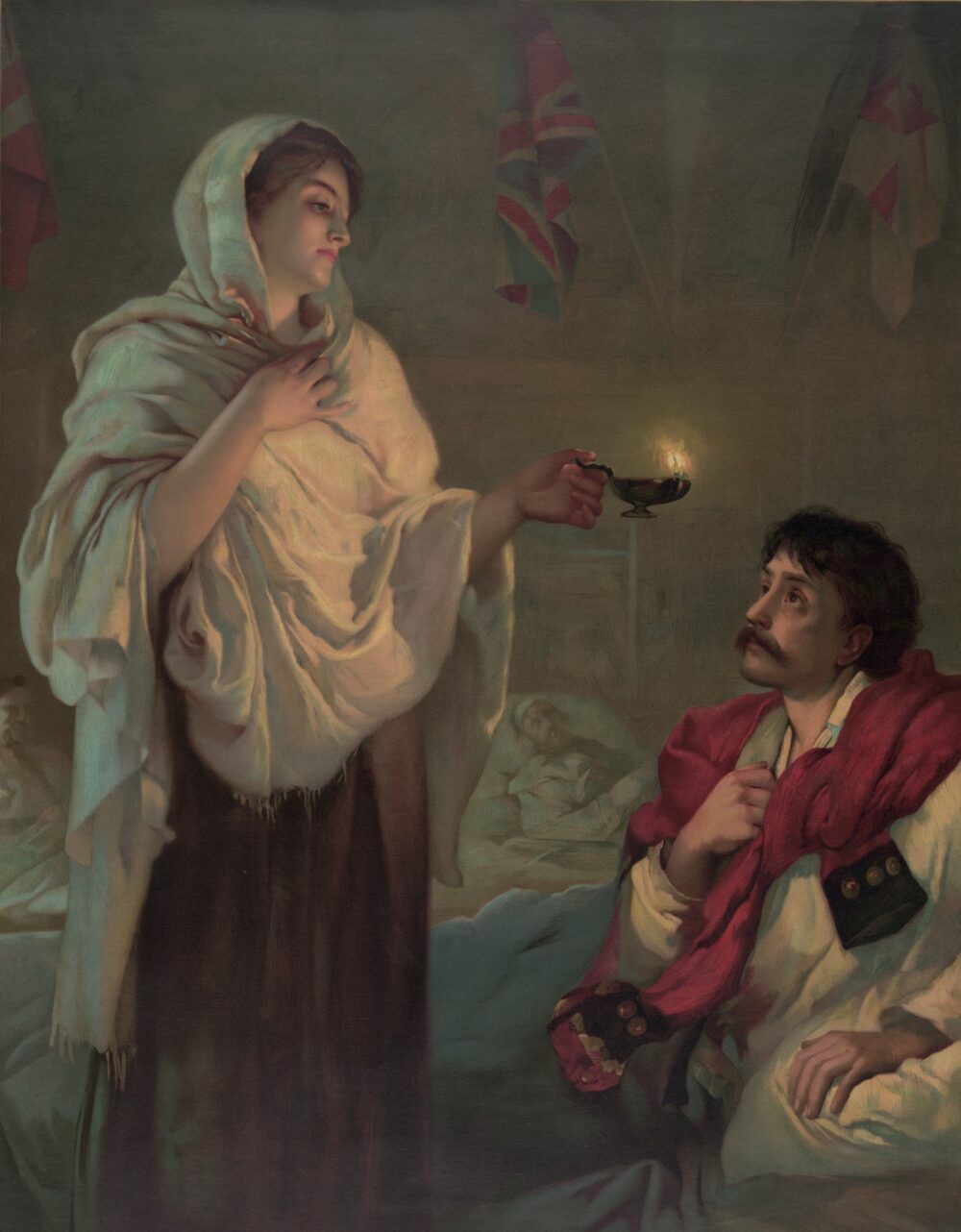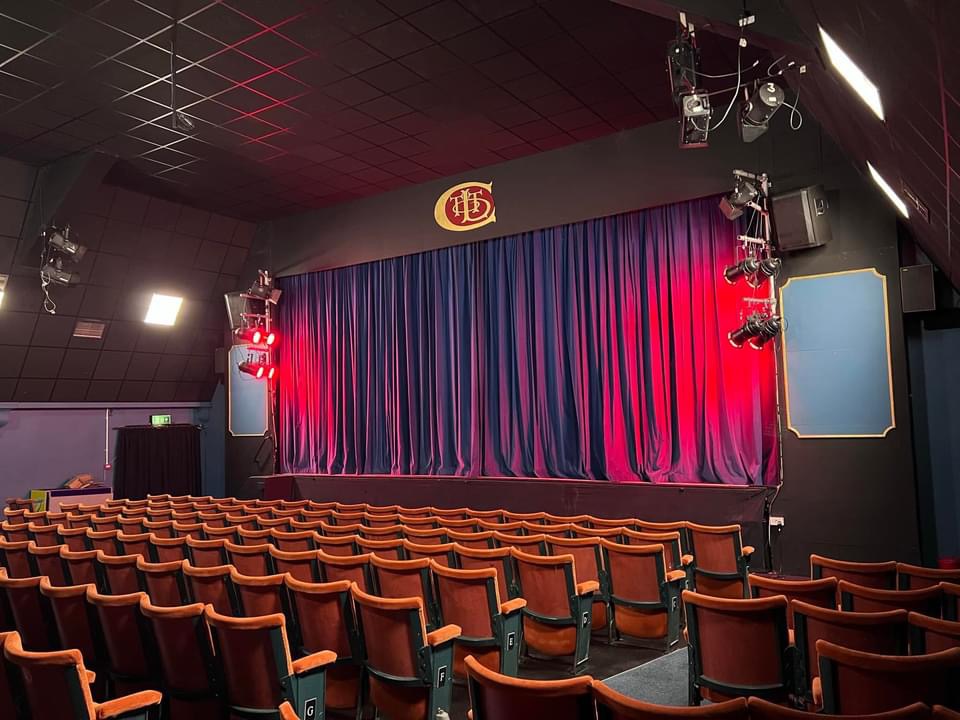
Features
The Lady with the Lamp: Florence Nightingale and her connection to Liverpool
1 year ago

Florence Nightingale is renowned for her selfless care of soldiers during the Crimean War and her pivotal role in transforming modern healthcare and nursing.
But did you know Florence Nightingale, remembered as “The Lady with the Lamp,” has major connection to Liverpool?
Born in 1820 to a wealthy British family, Florence defied societal expectations to pursue a career in nursing, a field then considered lowly and unsuitable for women of her class.
The Crimean War was a turning point for Florence Nightingale.
Her tireless efforts to improve sanitation and healthcare during the conflict not only saved lives but also ignited her mission to revolutionise public health.
Her advocacy led to the creation of the Nightingale Training School for Nurses at St Thomas’ Hospital in London, the first organised institution of its kind.

This innovative school set the standard for professional nursing education, creating a blueprint for healthcare systems worldwide.
Florence Nightingale’s connection to Liverpool began in 1858, when she visited the city to present papers at the National Association for the Promotion of Social Science.
Two years later, her influence would leave a lasting mark on healthcare in the city.
William Rathbone, a prominent Liverpool philanthropist, admired Nightingale’s work and sought her guidance to establish a district nursing scheme in the city.
Florence’s advice and support helped Rathbone create the first district nursing service in Britain, a groundbreaking initiative that provided care to the sick in their homes.
Their collaboration continued with the founding of a School of Nursing at Liverpool Royal Infirmary in 1862. This institution not only trained nurses for hospital work but also equipped them to provide home-based care, revolutionising community healthcare.
Liverpool’s growing population and healthcare needs prompted the construction of a new Royal Infirmary. Designed by architect Alfred Waterhouse, the facility was influenced by Florence Nightingale’s principles.
She emphasised the importance of high ceilings for ventilation, ample natural light, and sufficient spacing between beds to prevent the spread of infection.

The new Royal Infirmary opened in 1890, serving the city’s residents for nearly a century until 1978.
Nightingale’s influence on Liverpool extends beyond her lifetime. In 1954, the Liverpool branch of the Royal College of Nursing marked the centenary of her journey to the Crimea with a thanksgiving service at Liverpool Cathedral.
Her impact was also celebrated in 1989 when the Florence Nightingale Museum opened in London, with support from the Liverpool Nurses’ League.
There is even a monument of The Lady with the Lamp on the corner of Upper Parliament Street and Princes Road.
It’s often mentioned that Nightingale’s greatest achievement was making nursing a respectable profession.
Today, her legacy continues to inspire nurses and healthcare professionals. As one of the 19th century’s most influential figures, her contributions will never be forgotten as part of this city’s history.










 Subscribe
Subscribe Follow Us
Follow Us Follow Us
Follow Us Follow Us
Follow Us Follow Us
Follow Us Follow Us
Follow Us











